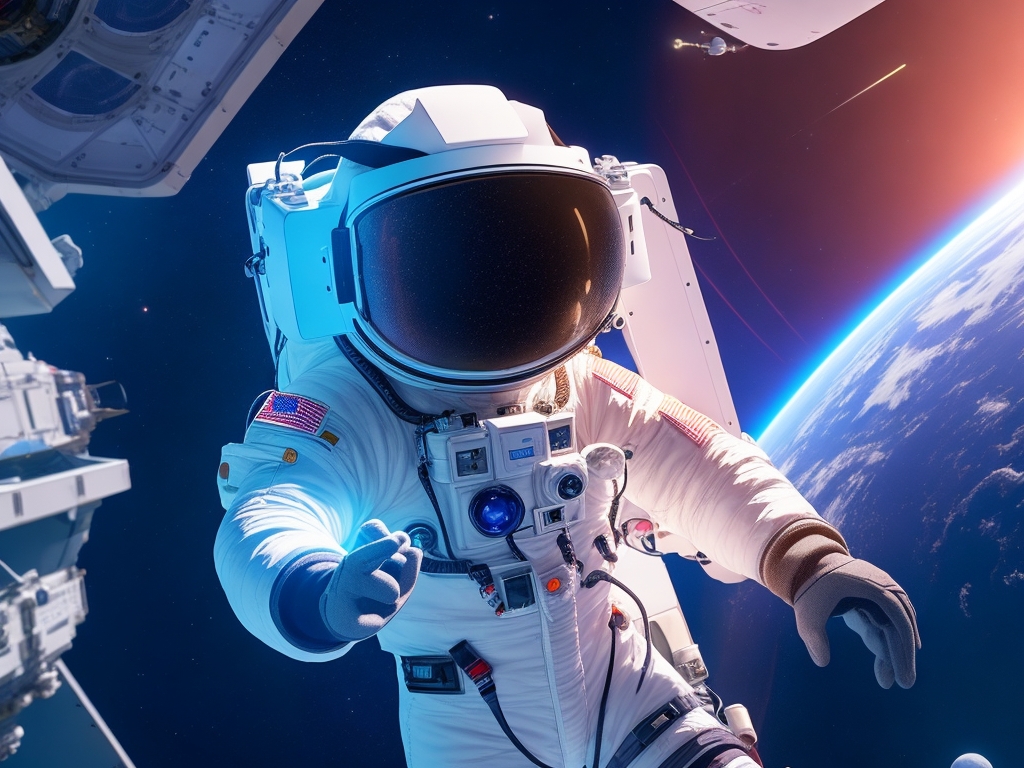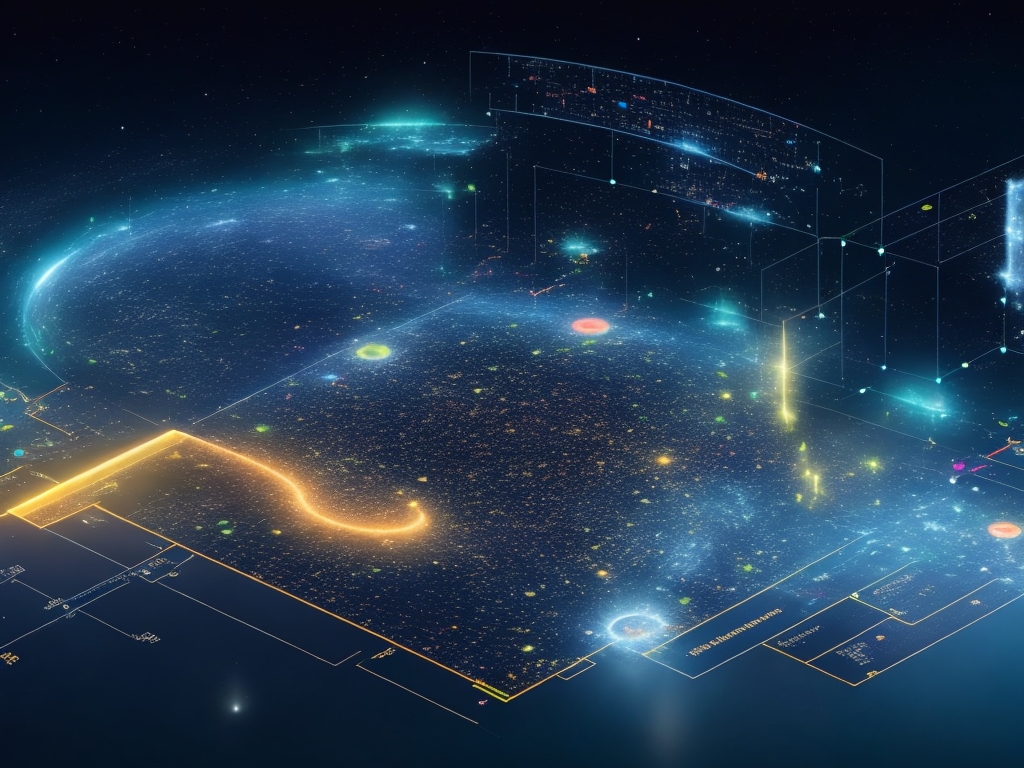AI and Space Exploration: Assisting Astronauts and Analyzing Data
In the vast expanse of space, technology plays a crucial role in our exploration and understanding of the universe. One such technology that has revolutionized space exploration is artificial intelligence (AI). AI has emerged as a powerful tool in assisting astronauts during their missions and analyzing the immense amount of data gathered from space. In this blog, we will delve into the fascinating world of AI and its applications in space exploration, focusing on how it aids astronauts and processes data to unlock the secrets of the cosmos.
The Role of AI in Assisting Astronauts:
1. Robotic companions and assistants:
As space missions become more complex and demanding, humanoid robots equipped with AI capabilities have emerged as invaluable companions for astronauts. These robots can perform tasks alongside their human counterparts, assisting in maintenance, research, and even providing companionship. For instance, NASA's Robonaut 2 (R2) possesses dexterous hands and advanced vision systems, allowing it to assist astronauts in intricate tasks while minimizing human risk.
2. Virtual reality and augmented reality for astronaut training:
Before embarking on space missions, astronauts undergo rigorous training to prepare for the challenges they will face. AI-powered virtual reality (VR) and augmented reality (AR) technologies have transformed this training process. By simulating space environments and complex tasks, VR and AR enable astronauts to gain hands-on experience and enhance their skills. These immersive training programs provide a safe and cost-effective way to train for high-risk scenarios.
3. Intelligent space habitats and life support systems:
Maintaining a sustainable environment and managing resources efficiently are vital aspects of long-duration space missions. AI-driven systems can optimize resource management, monitor life support systems, and automate routine tasks, freeing up valuable astronaut time for more critical activities. These intelligent space habitats can adapt to changing conditions, ensuring the well-being and productivity of astronauts in space.
AI in Data Analysis for Space Exploration:
1. Managing vast amounts of space data:
Space missions generate colossal amounts of data, ranging from astronomical observations to spacecraft telemetry. AI plays a pivotal role in processing and analyzing this data, which would be overwhelming for humans alone. AI algorithms assist in data storage, retrieval, and organization, enabling scientists to access and analyze relevant information efficiently.
2. Automated image recognition and classification:
AI algorithms excel at pattern recognition, making them invaluable in analyzing astronomical images. By training AI models on vast image datasets, scientists can automate the identification and classification of celestial objects and phenomena. This accelerates the process of discovering new planets, galaxies, and other celestial entities, contributing to our understanding of the universe.
3. Predictive analytics for space missions:
AI's predictive capabilities have found applications in forecasting space weather and radiation levels, crucial factors affecting the safety of astronauts and the performance of spacecraft. By analyzing historical data and current conditions, AI models can predict space weather patterns, enabling mission planners to mitigate potential risks and ensure astronaut well-being.
Case Studies: AI Applications in Space Exploration:
1. NASA's use of AI in space missions:
NASA has been at the forefront of utilizing AI technologies in its space missions. For instance, the Mars Rover missions employ AI algorithms to autonomously navigate and avoid hazards on the Martian surface. Furthermore, NASA's Earth Observing System Data and Information System (EOSDIS) utilizes AI for efficient data management and analysis, enabling scientists to extract meaningful insights from vast Earth observation datasets.
2. SpaceX's AI-driven innovations:
SpaceX, led by visionary entrepreneur Elon Musk, has embraced AI to revolutionize space travel. Autonomous navigation and landing of Falcon rockets are made possible through AI algorithms that analyze telemetry data in real-time. Additionally, SpaceX's Dragon spacecraft employs AI for intelligent cargo and crew handling, optimizing mission efficiency.
Ethical Considerations and Challenges:
1. Ensuring AI reliability and safety in space:
Dependence on AI systems introduces new risks during critical space missions. It is crucial to develop robust AI algorithms and implement fail-safe mechanisms to reduce the probability of AI failures that could jeopardize mission success or astronaut safety. Extensive testing, redundancy, and continuous monitoring are essential to address these challenges.
2. Data privacy and security concerns:
The vast amounts of data generated during space missions raise concerns about data privacy and security. Safeguarding sensitive space data from unauthorized access and cyber threats is of paramount importance. Establishing protocols for responsible data usage and ensuring adherence to strict security measures is crucial to maintain the integrity and confidentiality of space data.
Future Prospects and Conclusion:
AI's rapid advancements offer promising prospects for the future of space exploration. Improved robotics, more sophisticated AI algorithms, and the integration of AI with other emerging technologies like quantum computing will propel our understanding of the cosmos to new heights. As we continue to push the boundaries of space exploration, the symbiotic relationship between AI and astronauts, as well as AI and data analysis, will drive further breakthroughs, revolutionizing our understanding of the universe and our capabilities in space.
In conclusion, AI has emerged as a game-changer in space exploration. By assisting astronauts and analyzing vast amounts of data, AI enhances mission success, improves astronaut safety, and accelerates scientific discoveries. As we navigate the cosmos with AI as our companion, the future of space exploration holds immense potential, with AI driving us closer to unraveling the mysteries of the universe.














Post a Comment